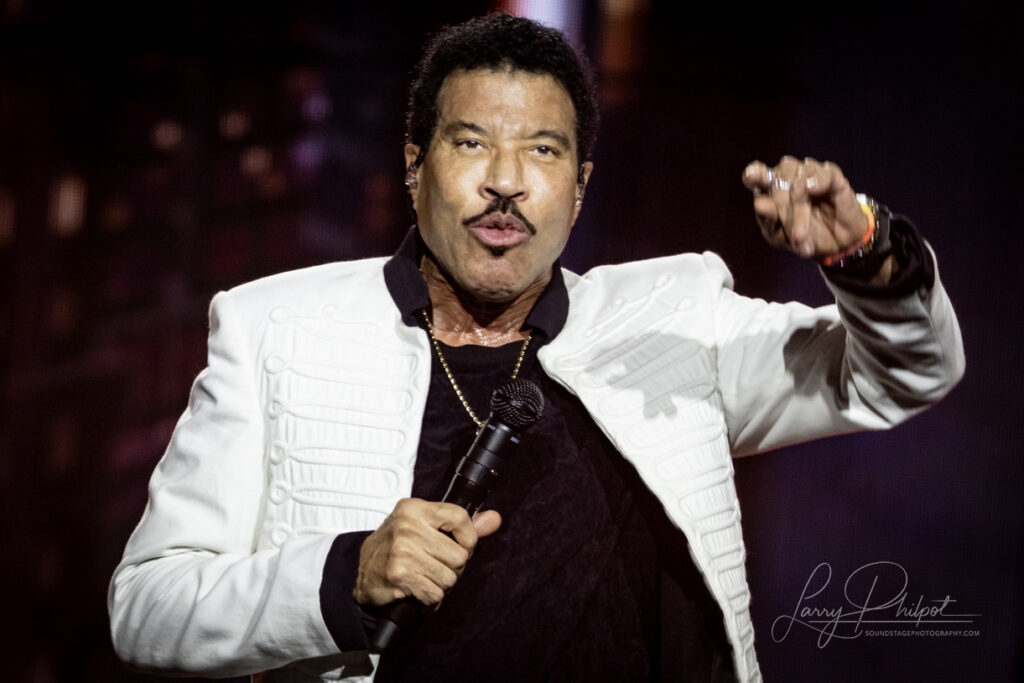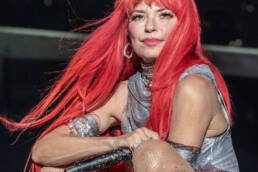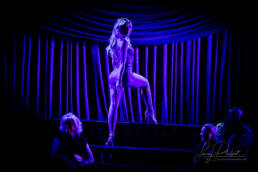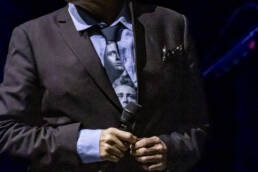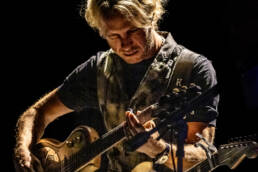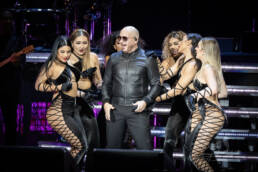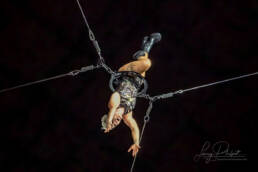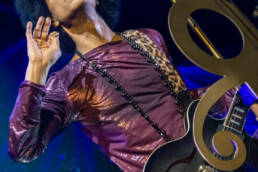Lionel Richie: The Soul Man Who Sang His Way to Forever
The Groove That Pulled Him In
In the sleepy streets of Tuskegee, Alabama, a young Lionel Richie sat at his grandmother’s piano, plinking out melodies while the world hummed along outside. Music wasn’t a career choice—it was a lifeline, a way to escape the weight of a segregated South and dream beyond the cotton fields. Raised on gospel choirs and the swagger of Ray Charles, he found his spark in college, sneaking into band rehearsals at Tuskegee Institute. “I just wanted to feel that rhythm, to make people move,” he’s said, and that urge—to connect, to soothe, to ignite—pushed him from a dorm room sax player to a global icon, a journey built on soul and a voice like velvet heartbreak.
The Man Behind the Mic
Born June 20, 1949, Lionel Brockman Richie Jr. came up in a tight-knit family—his dad a military man, his mom a teacher—at the edge of Tuskegee’s historic campus. Life was humble, but music was everywhere: church on Sundays, radio tunes by night. He enrolled at Tuskegee to study economics, but the saxophone called louder. By the late ‘60s, he’d ditched the books for gigs, a dreamer with a grin and a gift.
Richie’s life’s been a rollercoaster of love and loss. Married to Brenda Harvey from 1975 to 1993, he adopted daughter Nicole (yes, that Nicole Richie) and weathered a messy divorce after an affair with Diane Alexander, whom he wed in ’95 and split from in 2004. He’s got two more kids—Miles and Sofia—with Alexander, and today, he’s dating model Lisa Parigi, keeping his heart young at 75. From Alabama to Beverly Hills, he’s a survivor, still crooning with a charm that time can’t touch.
The Career That Lit Up the Night
Lionel Richie’s career is a two-act epic: funk maestro with The Commodores, then solo king. It started in ’68 when he joined The Commodores at Tuskegee—Lionel (vocals, sax), Thomas McClary (guitar), Milan Williams (keyboards), William King (trumpet), Ronald LaPread (bass), and Walter “Clyde” Orange (drums). Signed to Motown in ’71, they churned out funk hits like “Machine Gun” before Richie’s ballads—think “Easy”—took over. By 1982, he split for a solo run, leaving the band to fade.
Solo, Richie soared. His 1982 self-titled debut and Can’t Slow Down (1983) made him a pop-soul titan. He’s collaborated with Diana Ross (their “Endless Love” duet slayed), Michael Jackson (co-writing “We Are the World”), and Kenny Rogers (producing “Lady”). Romances? His 1986 affair with Alexander, caught mid-scandal by Brenda, sparked a fistfight and tabloid frenzy—divorce followed. Onscreen, he’s shined in The Preacher’s Wife (1996), American Idol as a judge (2018-2025), and even The Simpsons.
Awards? He’s stacked ‘em: four Grammys, including Song of the Year for “We Are the World” (1985), an Oscar for “Say You, Say Me” (1986), and a 2022 induction into the Rock and Roll Hall of Fame. His biggest hits?
- All Night Long (All Night) (written by Richie) hit No. 1 on the Hot 100 in 1983, a party eternal.
- Hello (Richie) topped the charts in 1984, a love song for the ages.
- Endless Love (Richie) reached No. 1 in 1981 with Ross, pure romance.
- Easy (Richie) peaked at No. 4 in 1977 with The Commodores, a soulful breeze.
Controversy’s shadowed him. That 1986 affair—and Brenda’s arrest for attacking him—rocked headlines. His 2012 tax lien ($1.1 million owed) raised eyebrows, settled quietly. And “We Are the World” stirred debate—some called it savior pop, others a vanity project; Richie laughed it off: “We fed millions.” His drama’s been loud, but his music’s louder.
The Legacy of a Smooth Survivor
Lionel Richie’s story is a soulful climb from Alabama fields to Hollywood hills, his voice a balm for broken hearts and dancefloors alike. With over 100 million records sold, he’s bridged funk, soul, and pop like few others. At 75, he’s no relic—he’s a vibe, still touring, still wooing crowds with that Tuskegee twinkle. Catch him live, and you’ll feel that dorm room sax, now a symphony of love that echoes forever.
